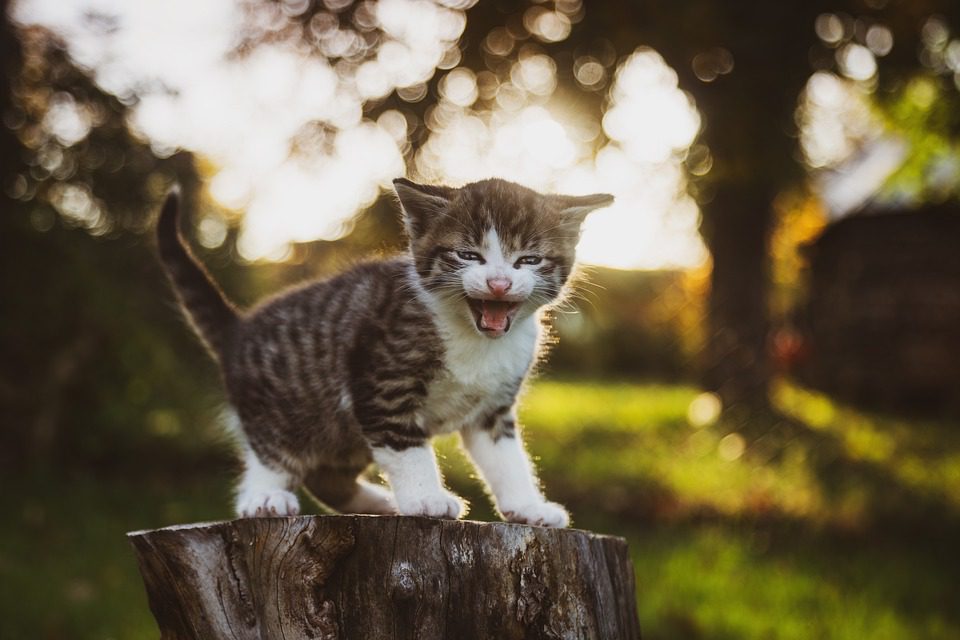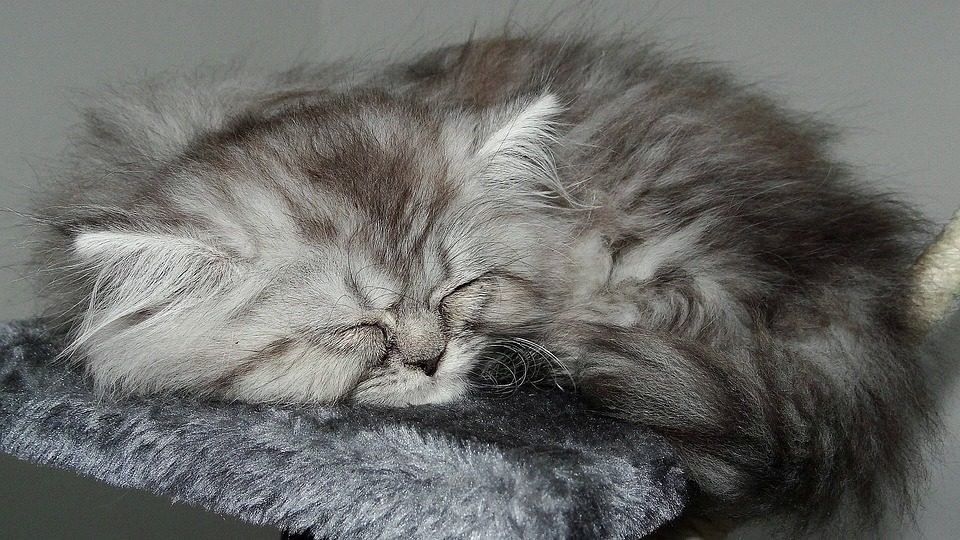If your cat is still scratching and showing signs of discomfort, despite no longer having fleas, it can be a cause for concern. Flea infestations can cause cats to develop skin irritation and allergies, leading to persistent scratching and other forms of distress. If your cat is still scratching even after the fleas have been removed, it’s important to identify the underlying causes so that you can provide your furry friend with the relief they need. In this article, we’ll discuss some of the most common reasons why cats continue to scratch after the fleas have been eliminated, and provide tips on how to provide your cat with the relief they need.
Why Is My Cat Still Scratching When There Are No More Fleas?
Table of Contents
It is not unusual for cats to start scratching themselves after they have been treated for fleas. Even if all the fleas have been eliminated from the environment, cats may continue to scratch, groom, or bite themselves. This behavior can be very frustrating for owners and may indicate that something else is going on with the cat.
Allergies
One of the most common causes of post-flea scratching is allergies. Cats can develop allergies to many things, including fleas, pollen, dust, and food. If your cat was scratching before the flea treatment and continues to scratch afterwards, it is likely due to allergies. Allergies can cause intense itching and scratching and can even lead to open sores and infection. If you suspect your cat has allergies, you should take him/her to the vet for testing and treatment.
Skin Irritation
Even if the fleas have been eliminated, the environment may still be irritating the cat’s skin. Cats are very sensitive creatures and can be affected by many things in the home, such as cleaning products, furniture, and other items. If the cat is still scratching after the flea treatment, it is possible that something else in the environment is irritating the skin and causing the itching.
Stress
Stress can be another cause of post-flea scratching. Cats can become stressed for many reasons, such as being in a new environment, a change in routine, or being around other animals. Even if the fleas are gone, the cat may still be stressed and engaging in excessive scratching as a result. If you think your cat may be stressed, try to identify the source of the stress and remove it if possible.
Infection
Another possible cause of post-flea scratching is an infection. Fleas can carry bacteria and other pathogens that can cause skin infections. Even if the fleas have been eliminated, the cat may still have an infection that is causing the itching and scratching. If the cat has any open sores or bald patches, it is important to take him/her to the vet for treatment.
Flea Allergy Dermatitis
Flea allergy dermatitis (FAD) is a condition in which the cat’s immune system overreacts to the flea’s saliva. Even after the fleas are gone, the cat may still be sensitive to the saliva and continue to scratch. If your cat has FAD, the vet may prescribe a special shampoo or medication to help manage the itching.
It can be very frustrating when a cat continues to scratch after flea treatment has been administered. In many cases, the cause of the scratching can be traced back to allergies, skin irritation, stress, infection, or FAD. If you are unable to identify the cause of the scratching, it is important to take your cat to the vet for an examination and treatment.
**Common Myths About Cats & Fleas**
1. Myth: Cats can’t get rid of fleas on their own.
Fact: Cats can groom themselves and remove any fleas present on their fur. However, if fleas have infested the environment, such as carpets or furniture, your cat may need help from a flea treatment.
2. Myth: Fleas only affect cats who go outdoors.
Fact: Fleas can be brought into the home on clothing, furniture, or other animals and can affect both indoor and outdoor cats. This is why it is important to take preventative measures regardless of whether your cat goes outdoors or not.
3. Myth: Flea collars are the only way to protect cats from fleas.
Fact: Flea collars are not the only way to protect cats from fleas. There are other flea treatments available, such as spot-on treatments, oral medications, and shampoos. It is important to talk to your veterinarian to decide which treatment option is best for your cat.
Frequently Asked Questions
Why is my cat still scratching when no more fleas?
Answer: Even after eliminating fleas, your cat may continue to scratch due to residual irritation from the flea bites, which can take time to go away. Additionally, cats may scratch when they’re stressed or anxious, so it’s important to observe your cat’s behavior to see if there are any other underlying causes.
How can I prevent fleas from coming back?
Answer: To prevent future flea infestations, it’s important to keep your cat’s environment clean and free of fleas. Vacuum frequently, especially in areas where your cat spends time. Consider using flea preventative medication or topical treatments on your cat regularly, as recommended by your veterinarian. Additionally, keep your cat away from other cats or animals that may be carrying fleas.
Conclusion
.
Cats may continue to scratch even after fleas are eliminated from the environment, which can be very frustrating for owners. Common causes of post-flea scratching include allergies, skin irritation, stress, infection, and Flea Allergy Dermatitis (FAD). If the cause of the scratching cannot be identified, it is important to take the cat to the vet for an examination and treatment.






